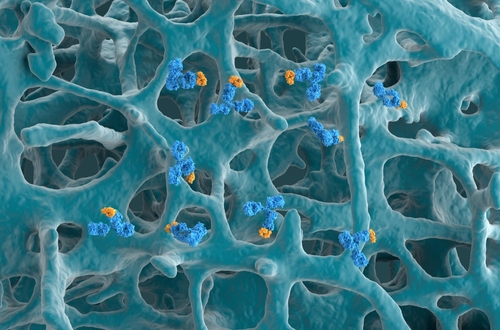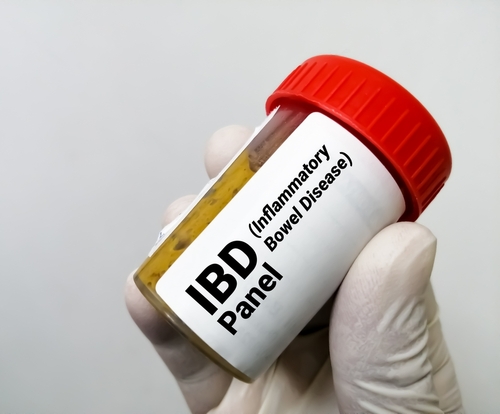
“Although children with asthma are often successfully treated by primary care clinicians,” investigators of a study in JAMA Network Open wrote, “outpatient specialist care is recommended for those with poorly controlled disease. Little is known about differences in specialist use for asthma among children with Medicaid versus private insurance.”
They conducted a cross-sectional study to examine the differences among children with asthma regarding receipt of asthma specialist care by insurance type.
Investigators utilized data from the Massachusetts All Payer Claims Database between 2014 and 2020 to identify 198,101 children with persistent asthma (432,455 child-year observations). Of these child-year observations, 66.2% had Medicaid and 33.8% had private insurance.
Primary outcomes included receipt of specialist care (any outpatient visit with a pulmonology, allergy and immunology, or otolaryngology physician), and multivariate logistic regression models were employed to estimate the differences between insurance types. Additional analyses examined the influence of asthma persistence and severity on the associations between specialist care and insurance type.
Overall, 14.9% of patients received specialty care. However, children with Medicaid were less likely to receive specialty care (11.9% vs 20.6%) despite having higher rates of persistent asthma (20.0% vs 16.9%).
Following regression analysis, the investigators found that children with Medicaid had 55% lower odds of receiving specialist care (adjusted odds ratio, 0.45; 95% CI, 0.43-0.47). Additionally, a regression-adjusted 9.7 percentage point (95% CI, −10.4 percentage points to −9.1 percentage points) lower rate of receipt of specialist care was observed.
The investigators also noted that, “compared with children with private insurance, there was an additional 3.2 percentage point (95% CI, 2.0 percentage points to 4.4 percentage points) deficit for children with Medicaid with persistent asthma.”
Regarding the stark differences between insurance types, the investigators acknowledged that “differences in receipt of specialist care were mostly associated with differences in visits with allergy and immunology physicians, with limited but still statistically significant differences in visits with pulmonologists or otolaryngologists.”
According to the investigators, ensuring that children on Medicaid have sufficient access to specialists could be crucial in reducing disparities in asthma control between insurance types for those with severe asthma or poor asthma control.







 © 2025 Mashup Media, LLC, a Formedics Property. All Rights Reserved.
© 2025 Mashup Media, LLC, a Formedics Property. All Rights Reserved.